The recent suggestion by former President Donald Trump that Palestinians relocate from Gaza following the devastating conflict has ignited a firestorm of debate both within the enclave and across the Arab world. During a White House appearance with Israeli Prime Minister Benjamin Netanyahu, Trump envisioned Gaza transformed into a "Middle Eastern Riviera," proposing the relocation of its 1.8 million residents. This idea has been met with a spectrum of responses, ranging from outright rejection to desperate hope.
For some Gazans, emigration is anathema. "Gaza is our land, our home… I don't want to die in Egypt," one elderly woman told reporters, reflecting a sentiment of steadfast attachment to their homeland despite the devastation. Another resident vehemently declared, "You think you’ll expel me abroad and bring other people in my place? I would rather live in my tent, under rubble. I won’t leave."
However, the harsh realities of life in Gaza have led many others to view leaving as their only viable option. One young man interviewed in Gaza expressed his desperation, saying, "I’m asking Donald Trump himself to relocate us… I’ll be the first one to go. There’s no life left here… just look around you." Another resident appealed to neighboring countries, pleading for open borders for the young, the wounded, the sick, and the elderly seeking treatment.
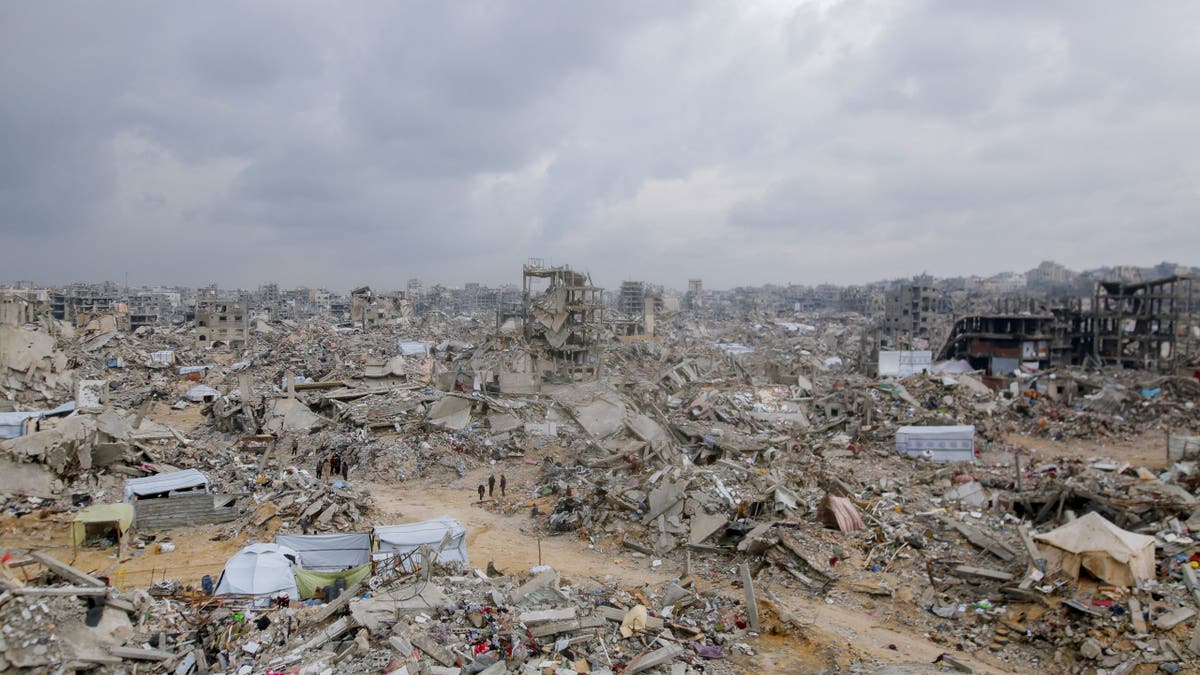
The desire to emigrate predates the recent conflict. A pre-war poll revealed that 31% of Gazans were already contemplating leaving, with the number rising to 44% among young people. Economic hardship, political instability, limited educational opportunities, security concerns, and corruption were cited as primary motivators. Experts believe that the recent destruction has significantly amplified these existing trends.
The prospect of rebuilding Gaza faces immense challenges. One Palestinian journalist noted, "Gaza will need a very long period of reconstruction… where will the youth go? Where will the wounded go? …There is no hope for the reconstruction of Gaza, not in a year nor 10 nor 15." The continued presence of Hamas further complicates matters, fueling a cycle of violence that drives more residents to seek escape.
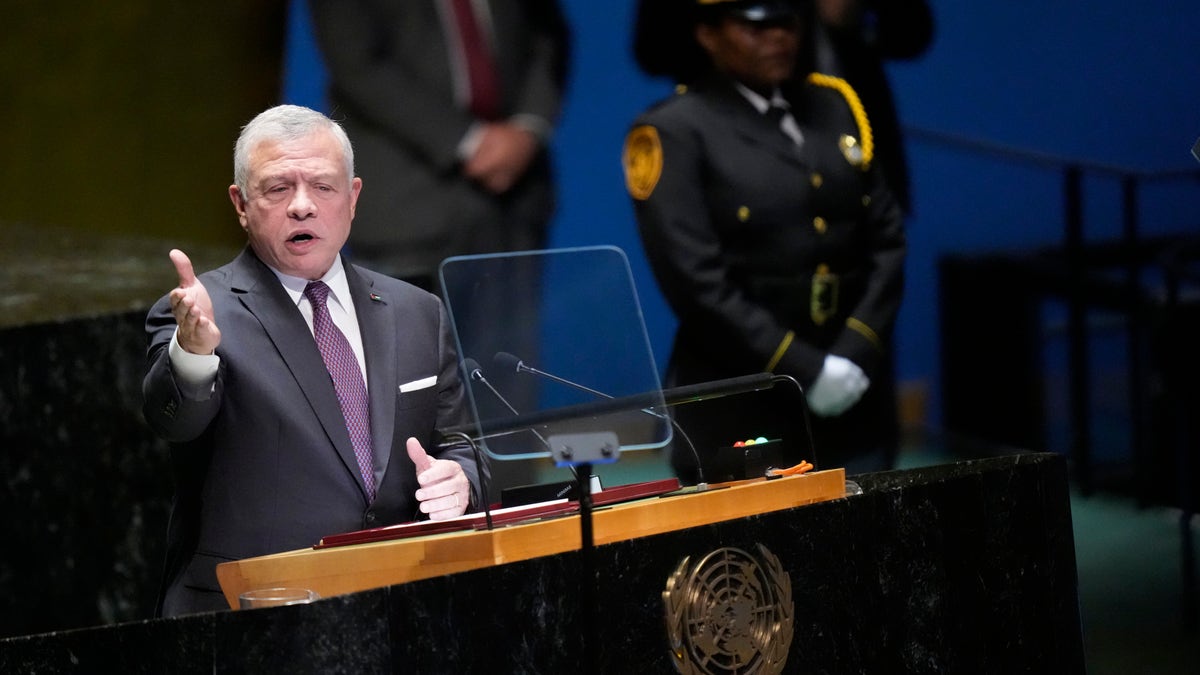
While some Gazans cling to the hope of rebuilding their lives in their homeland, others see emigration as a necessary, albeit painful, path to a better future. One resident poignantly asked, "If our country isn’t looking out for us, where should we go?" This question underscores the profound uncertainty surrounding Gaza’s future and the difficult choices facing its people.
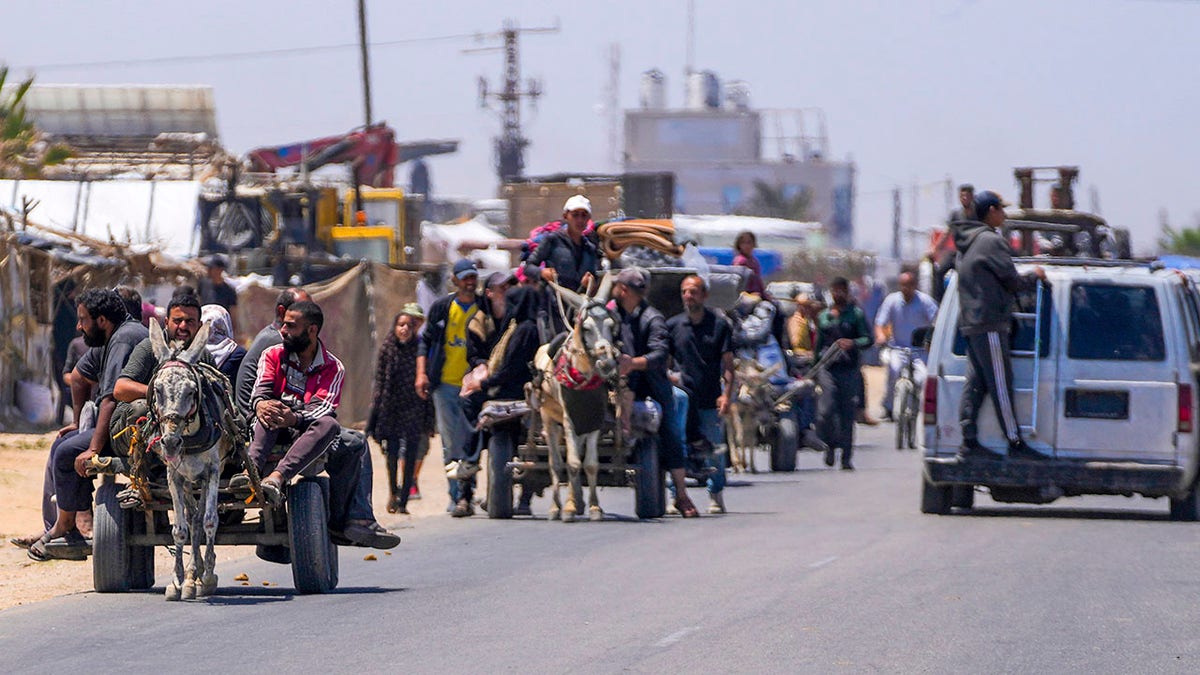
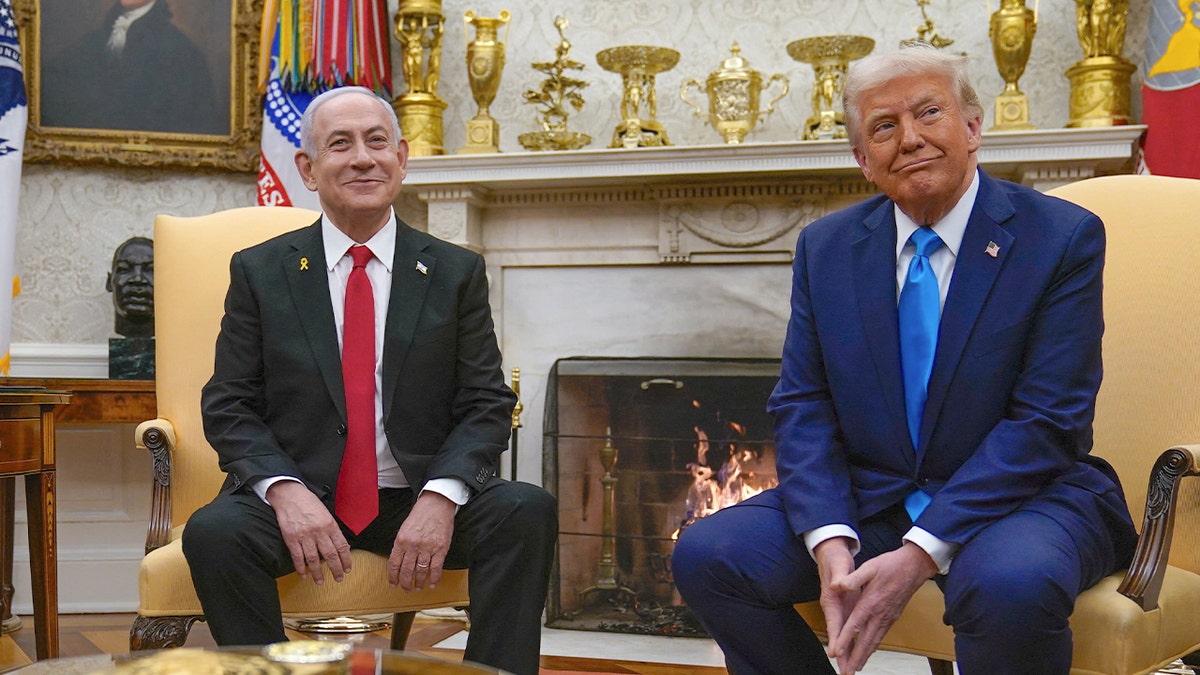
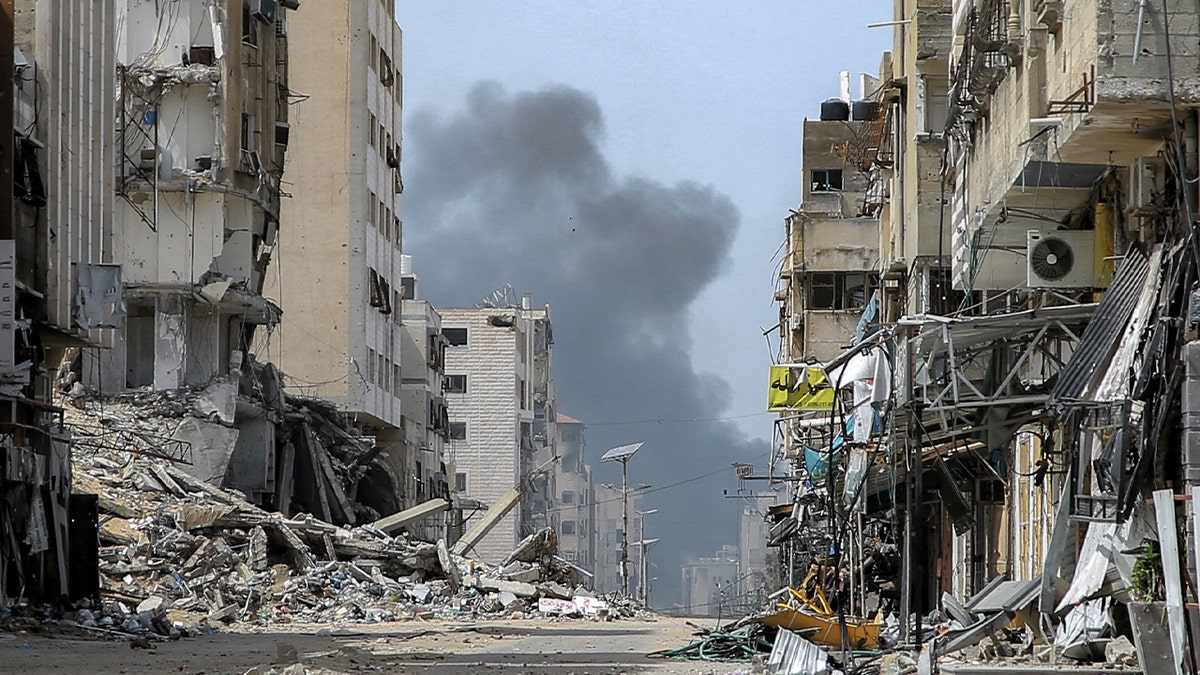
Comments(0)
Top Comments